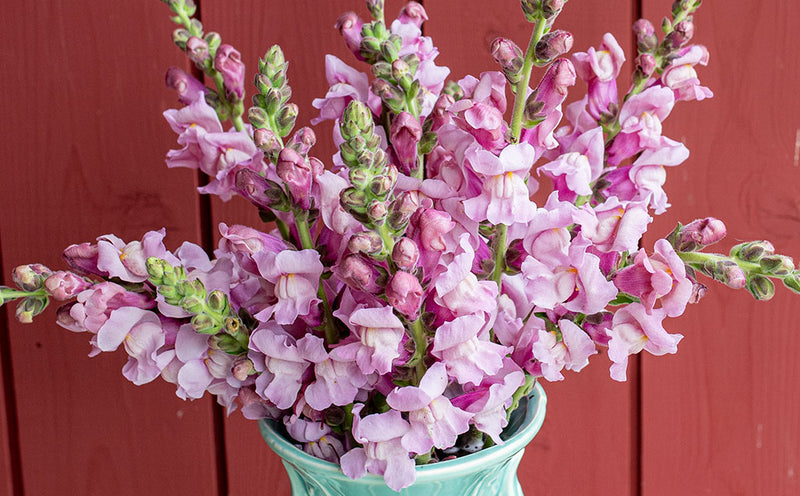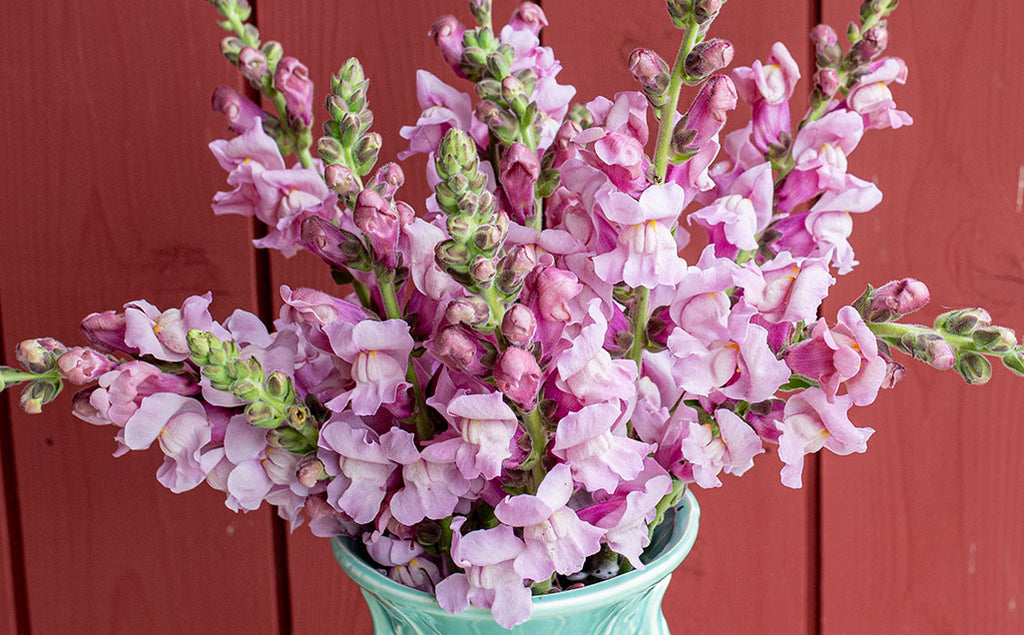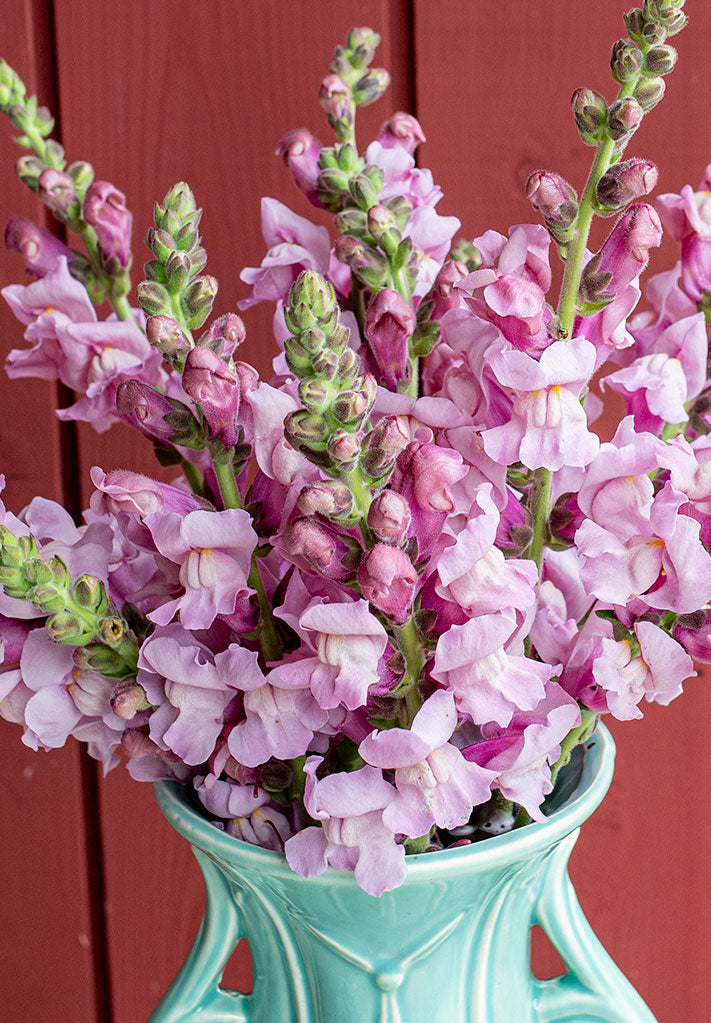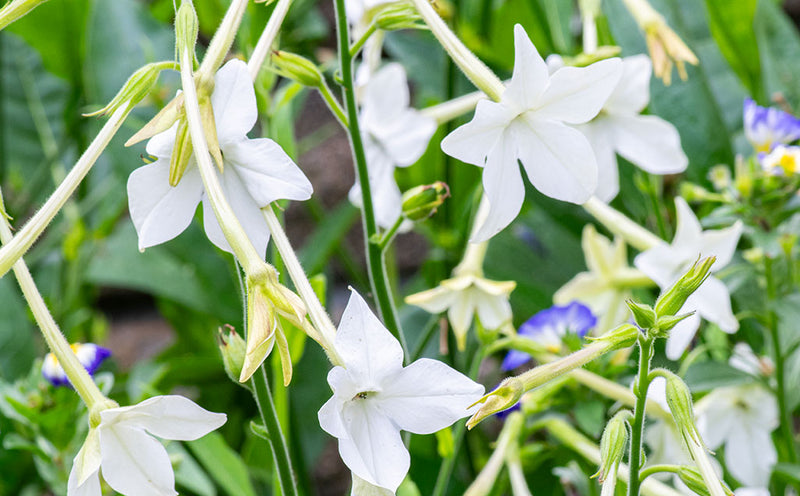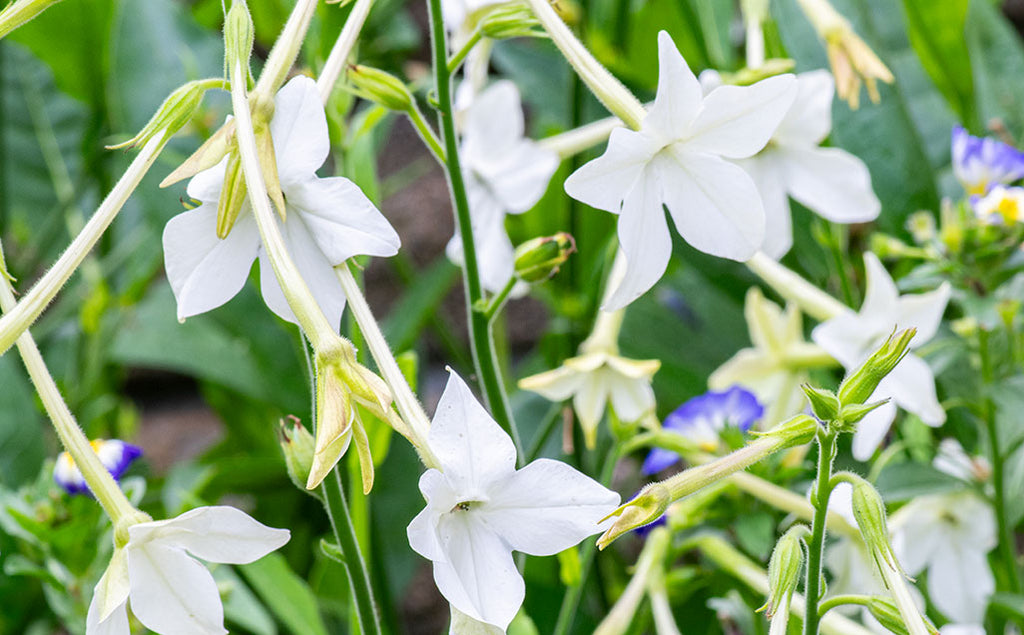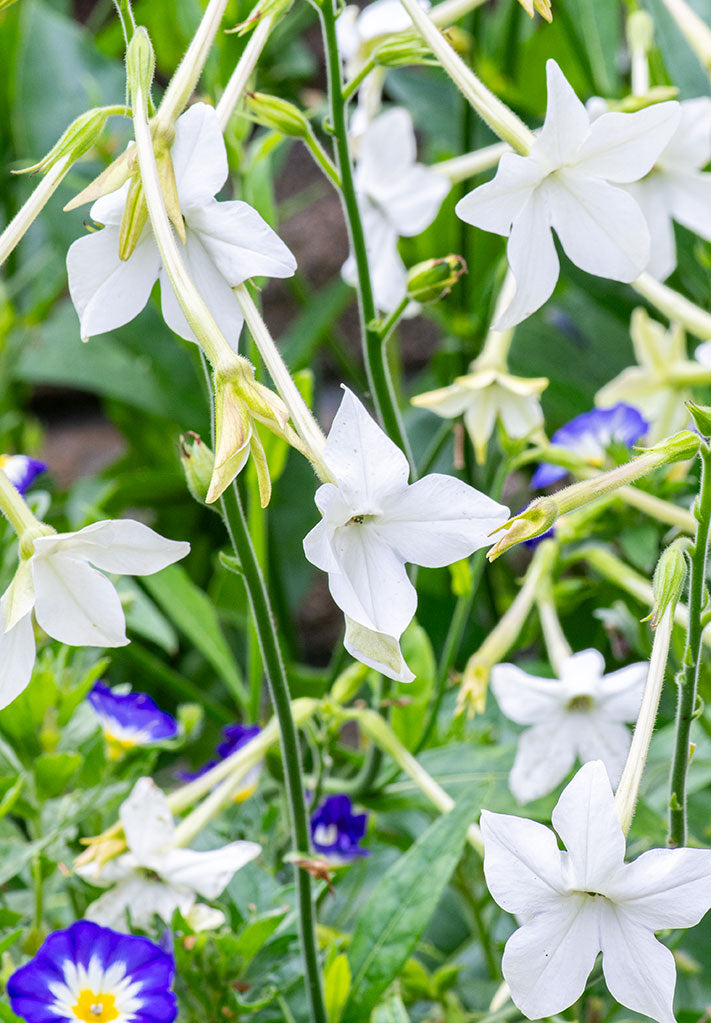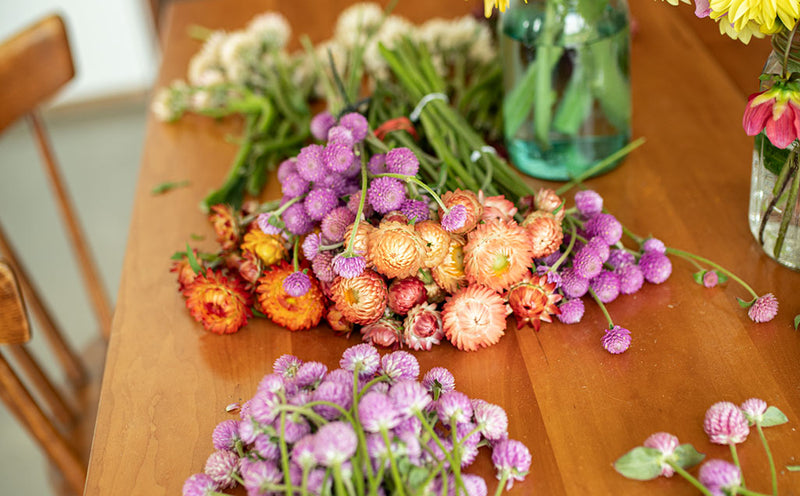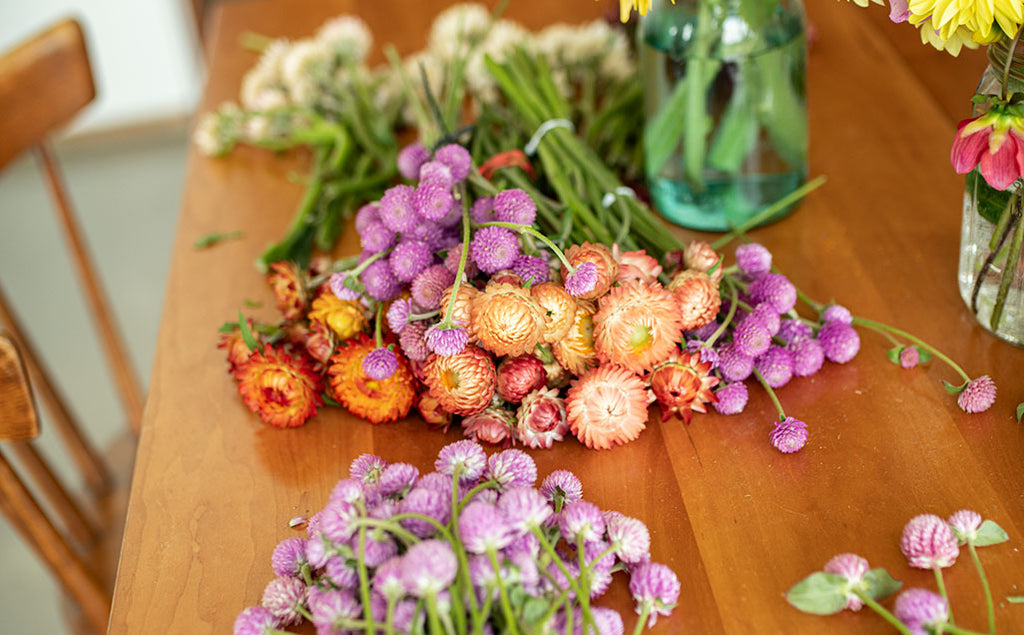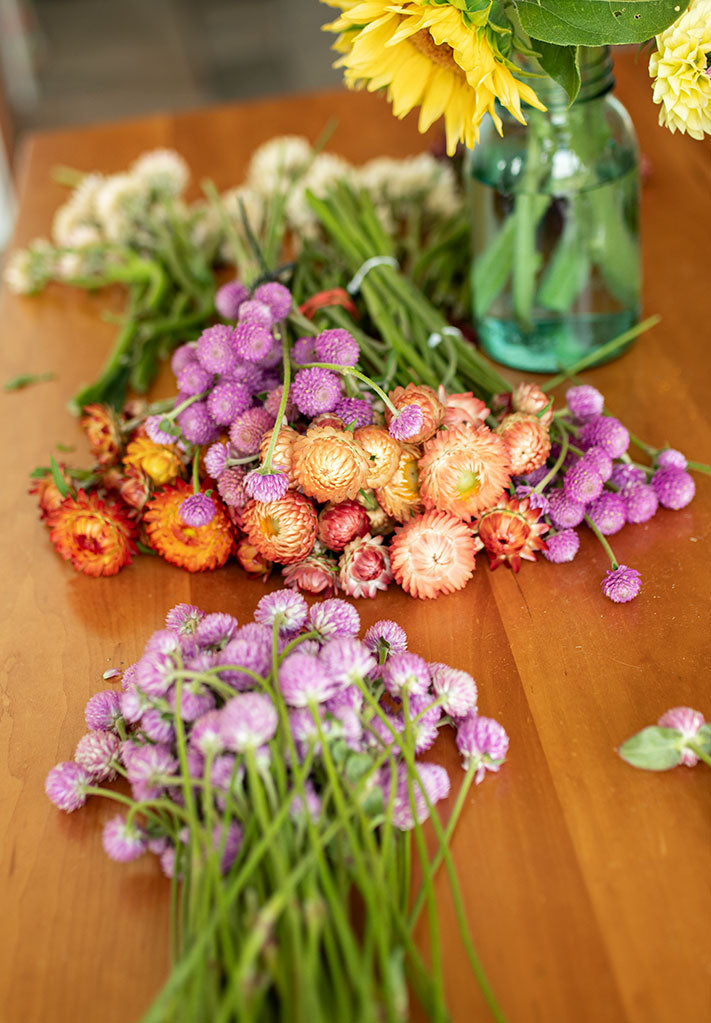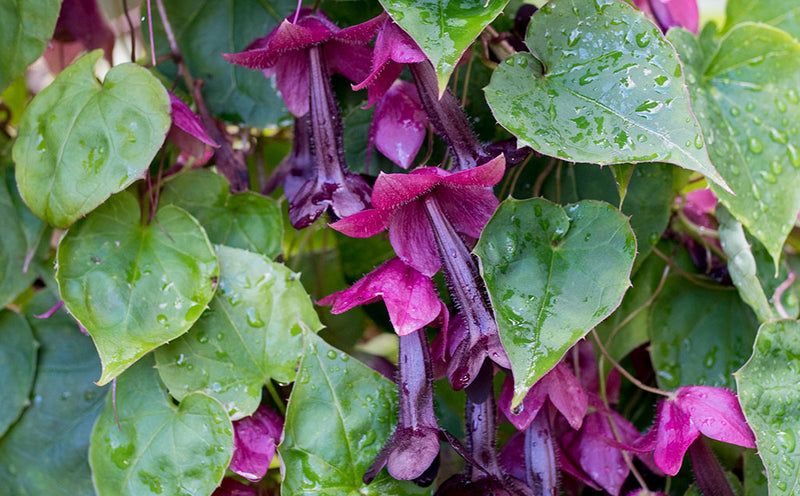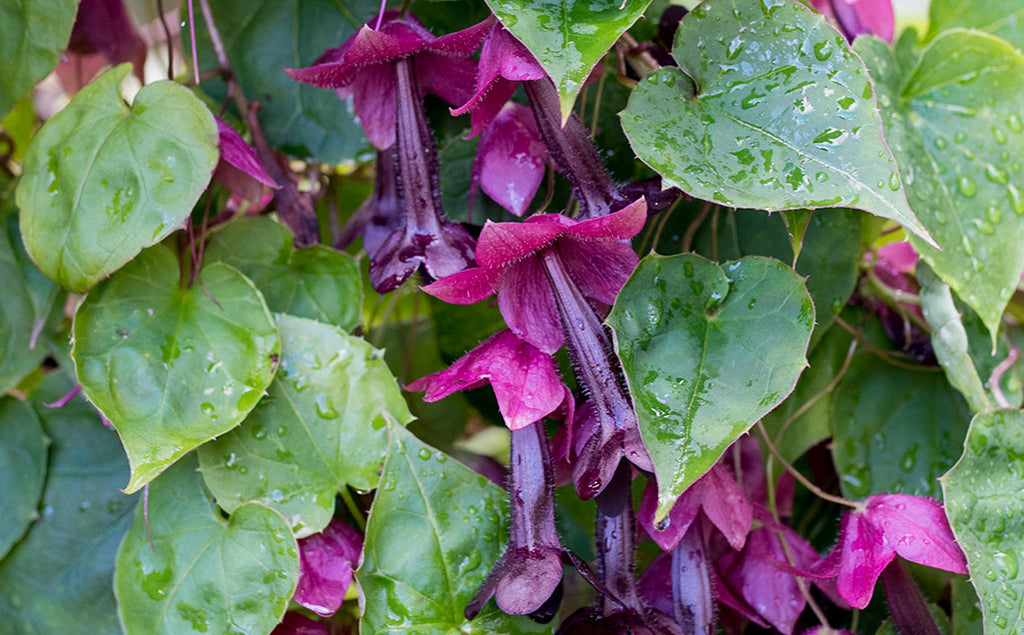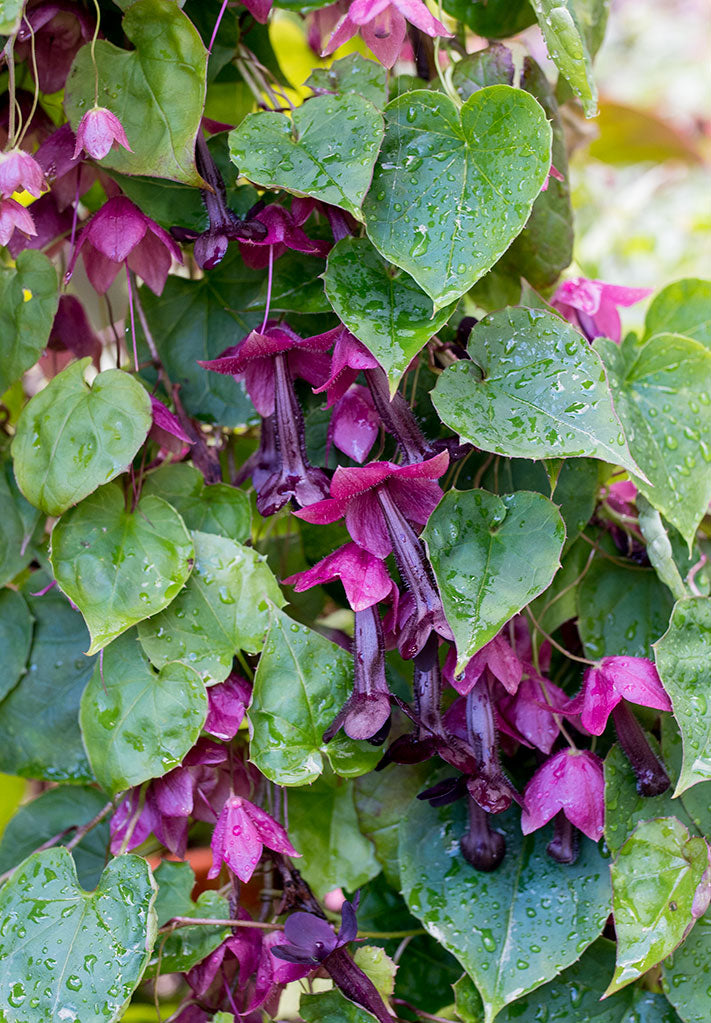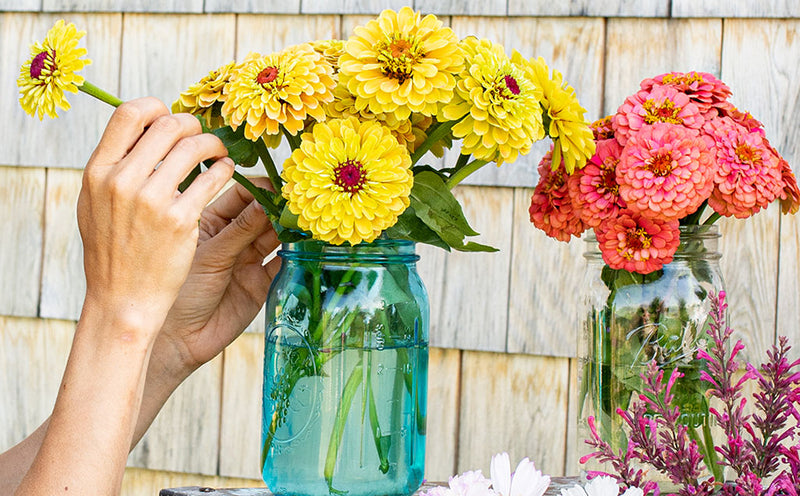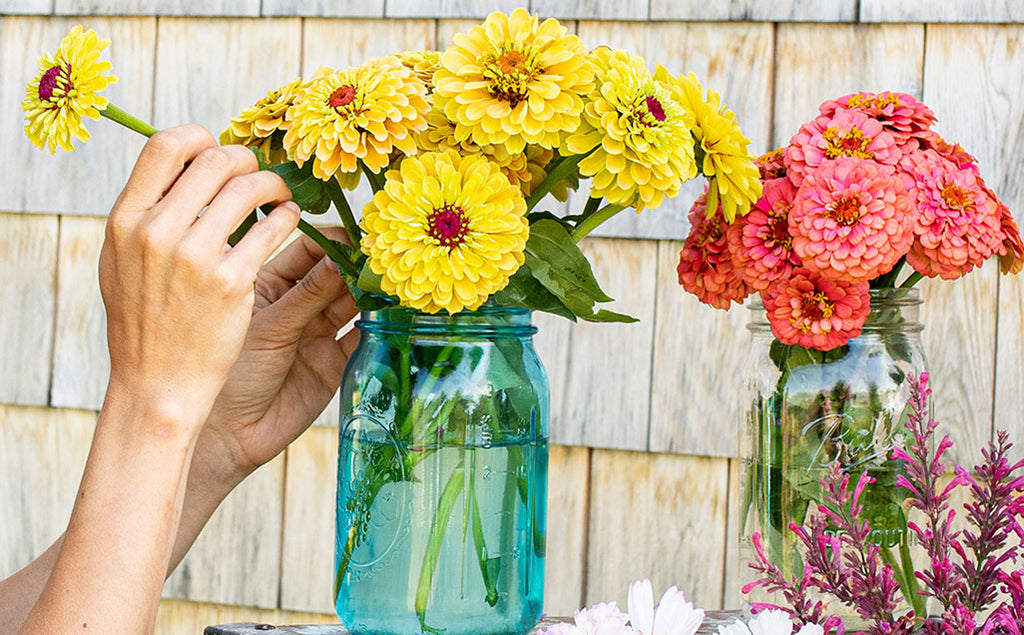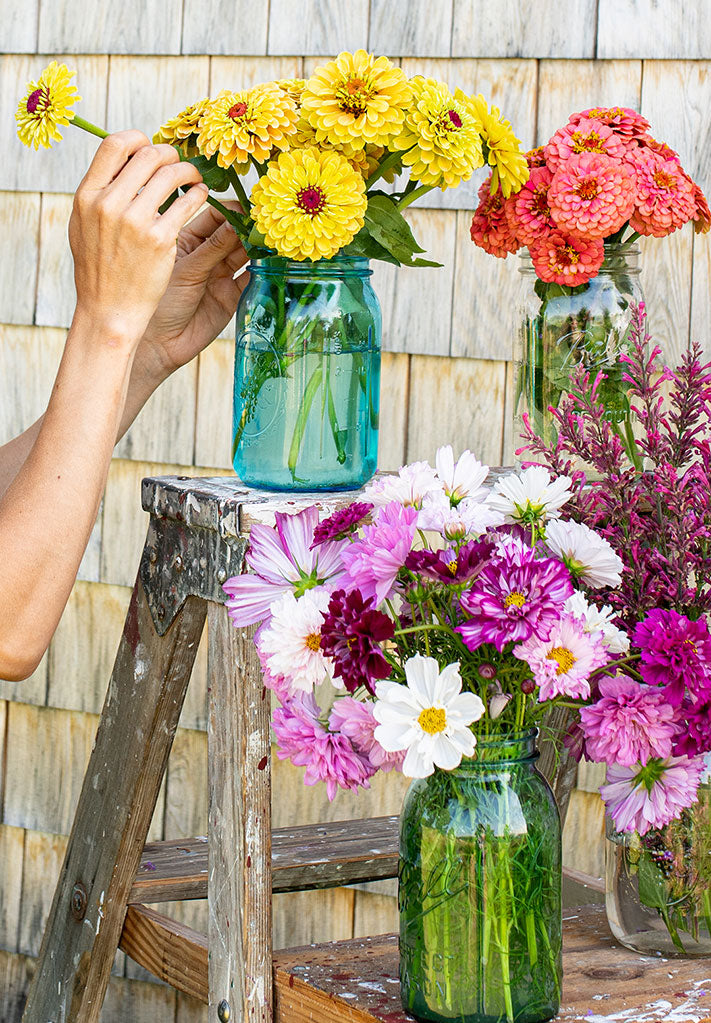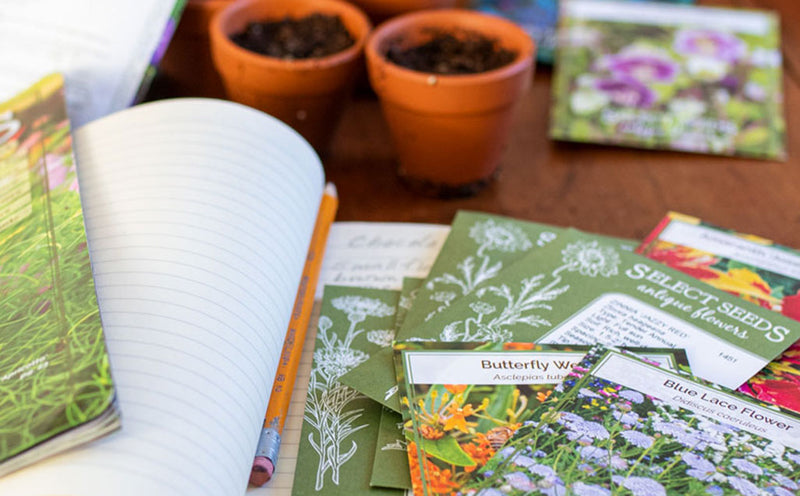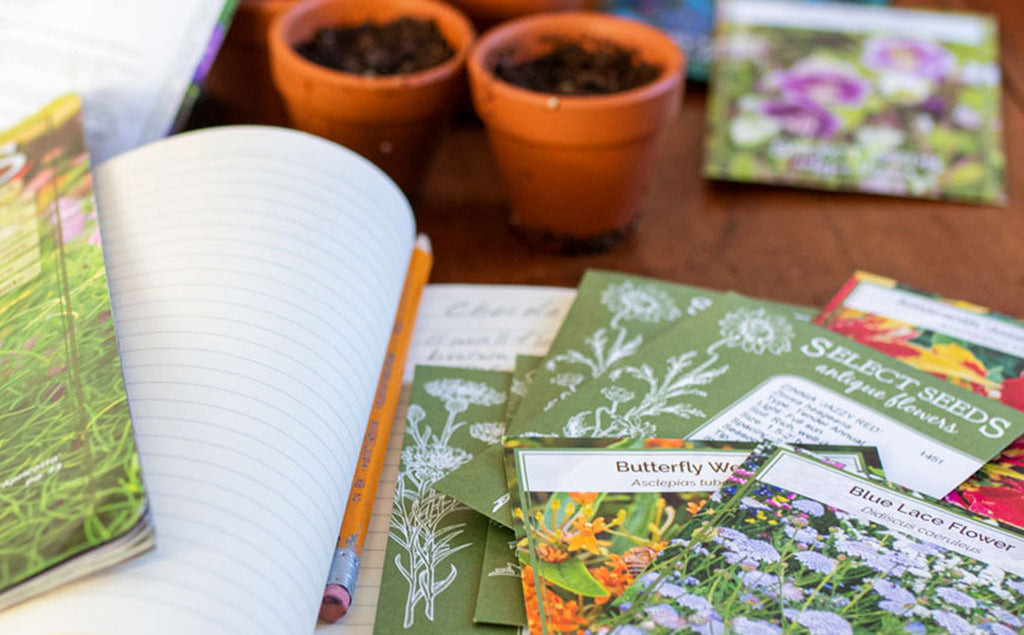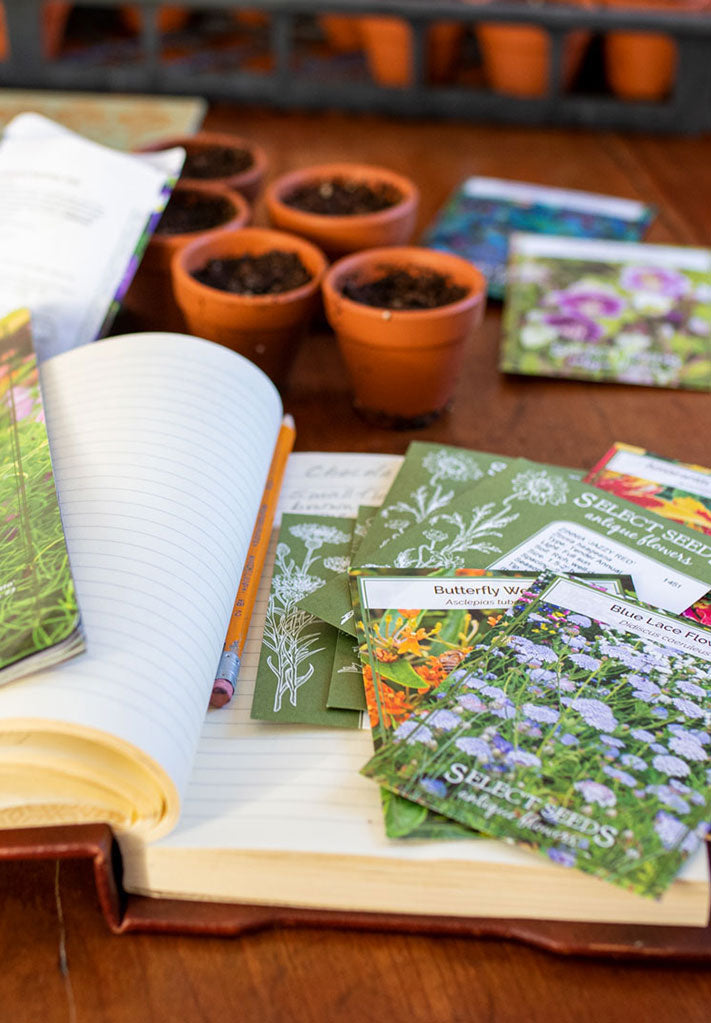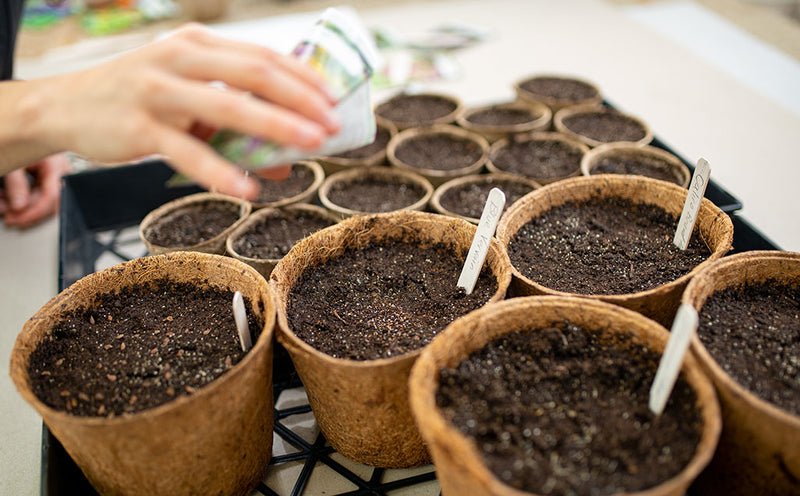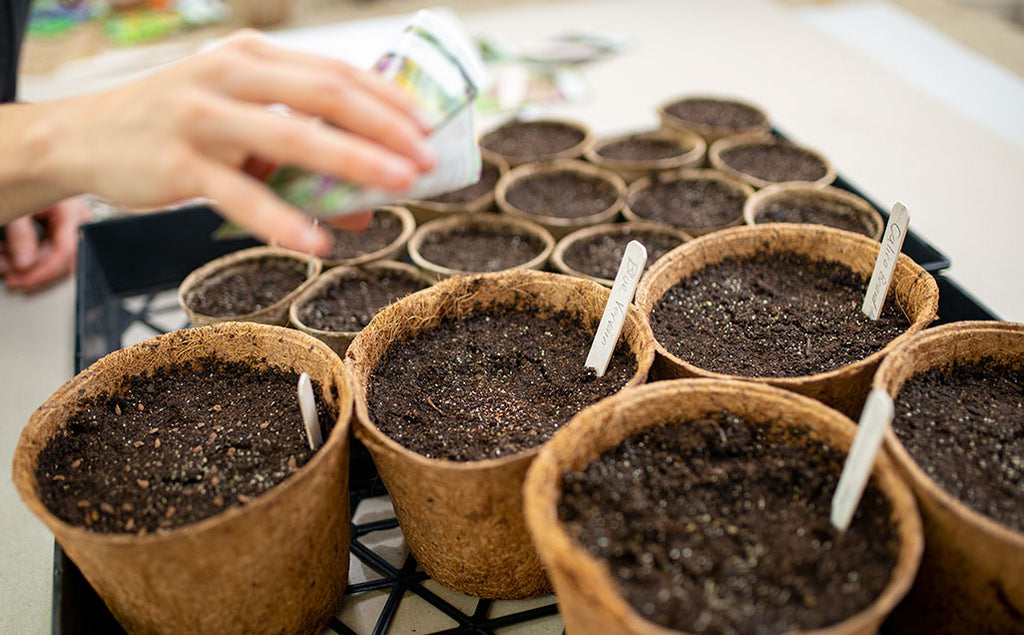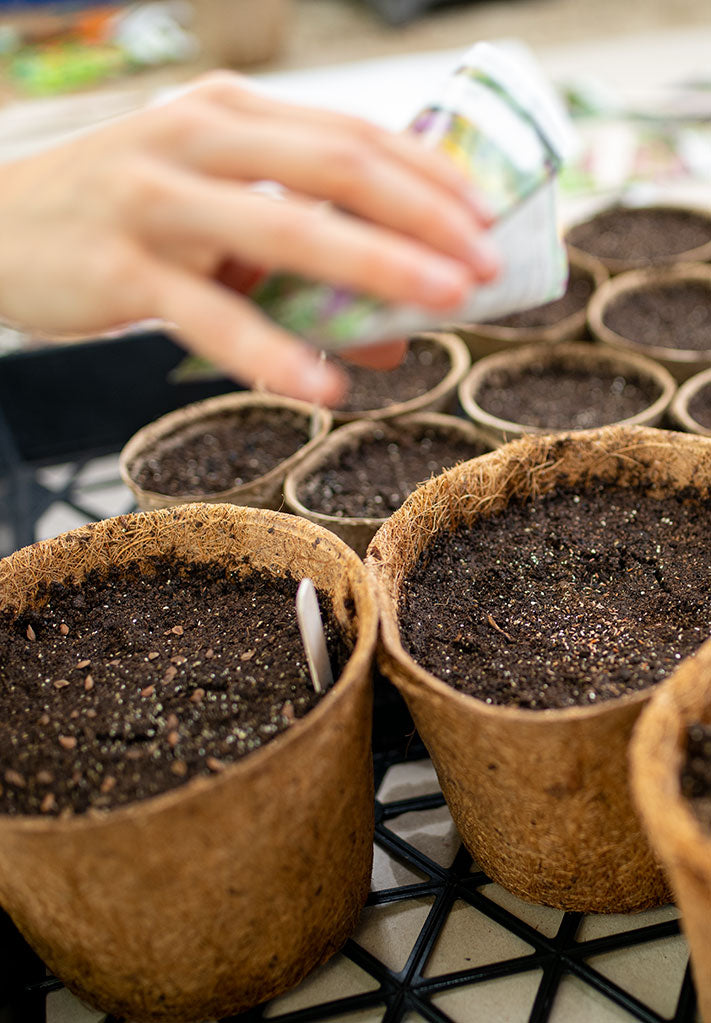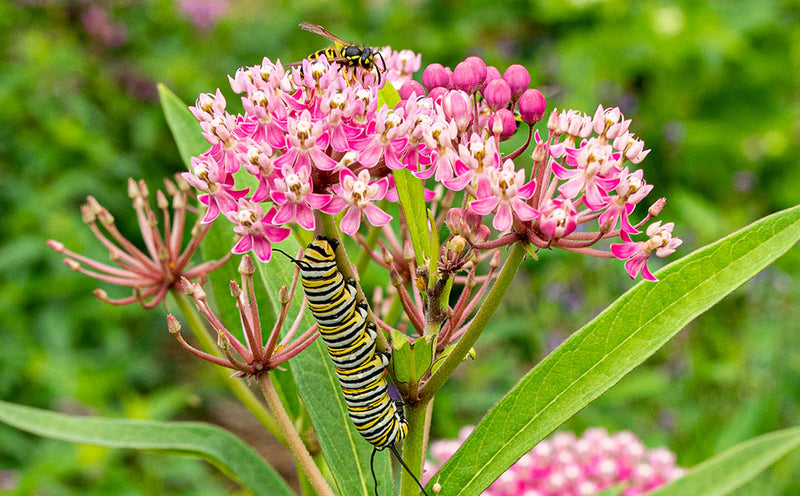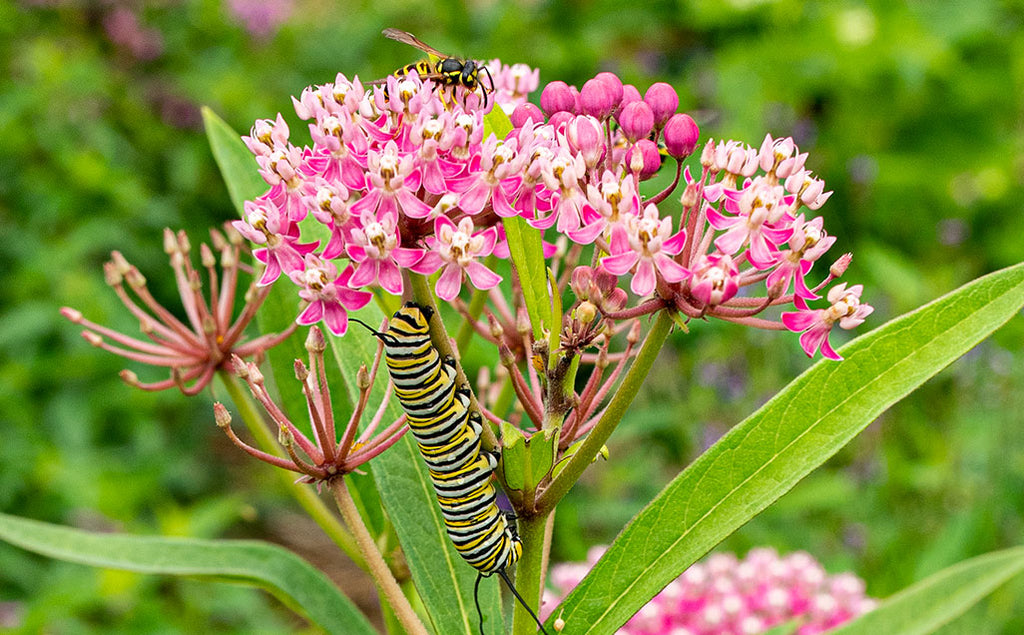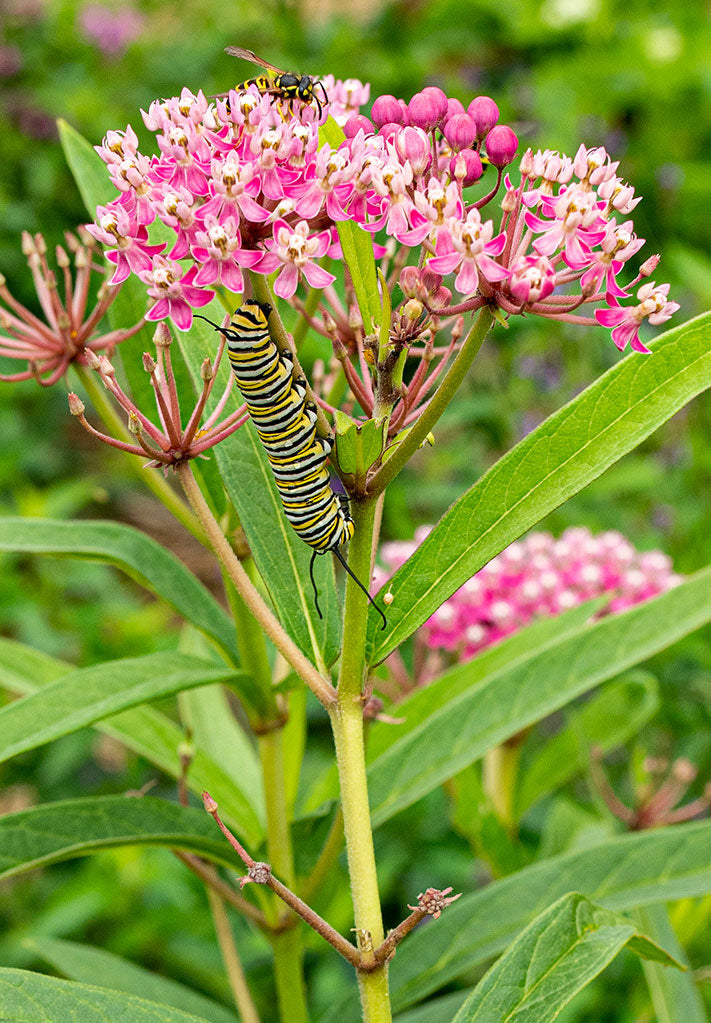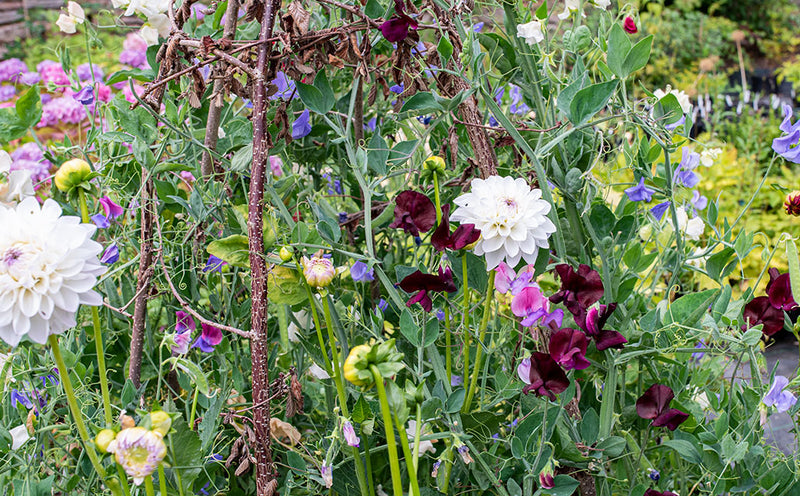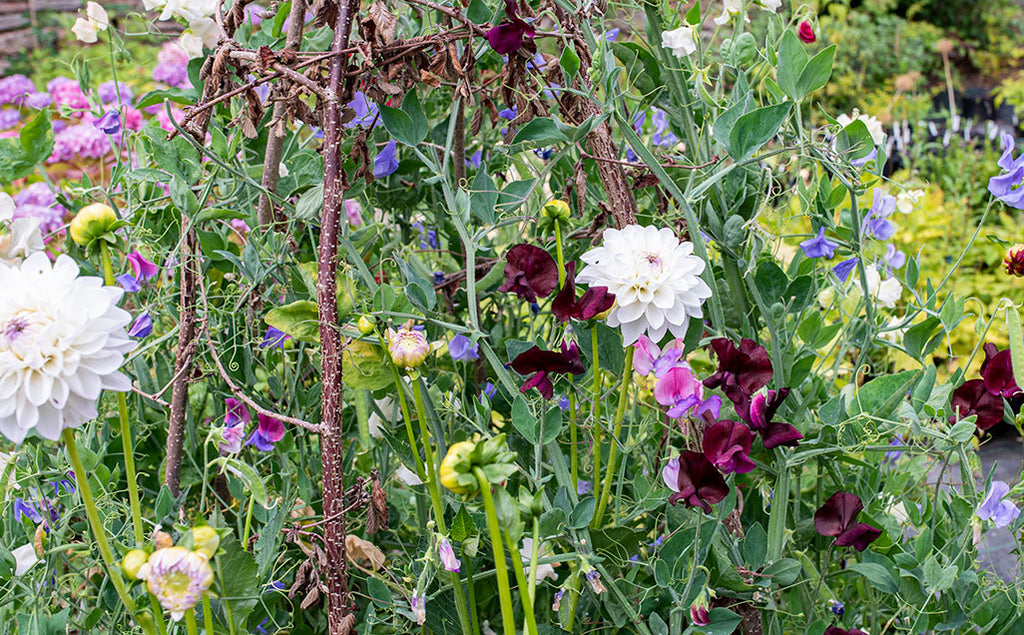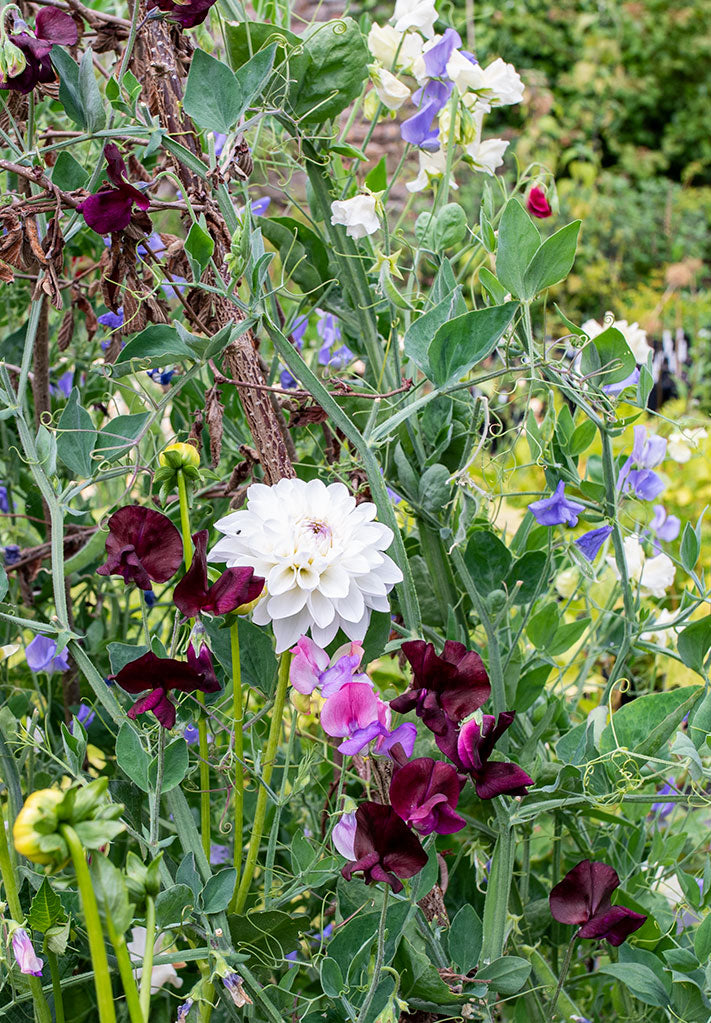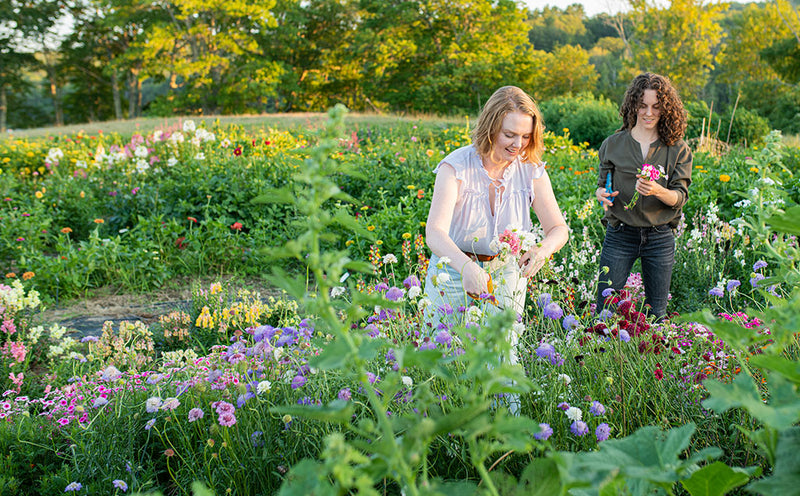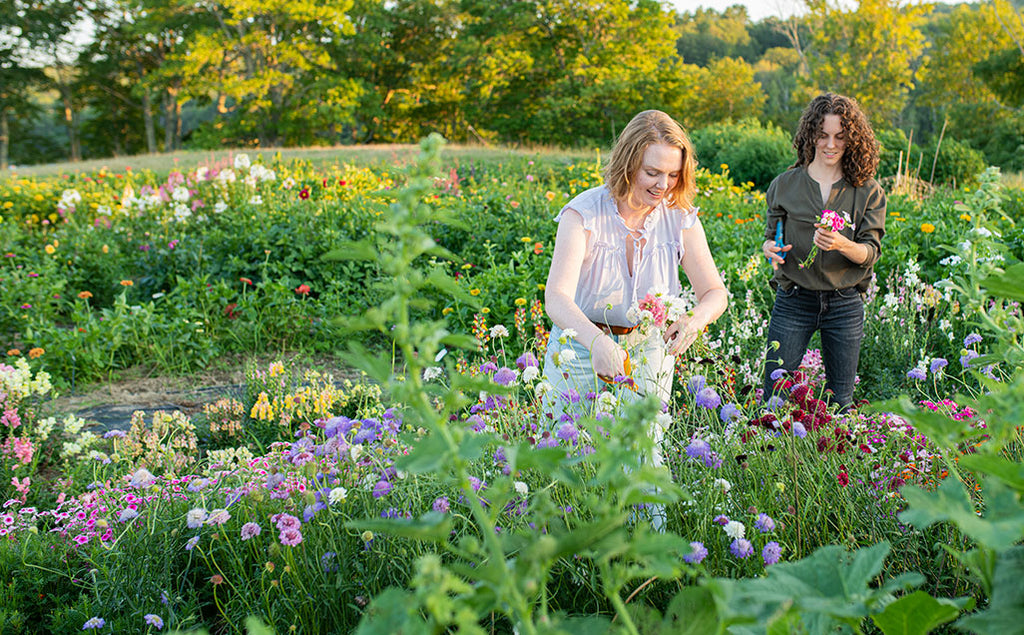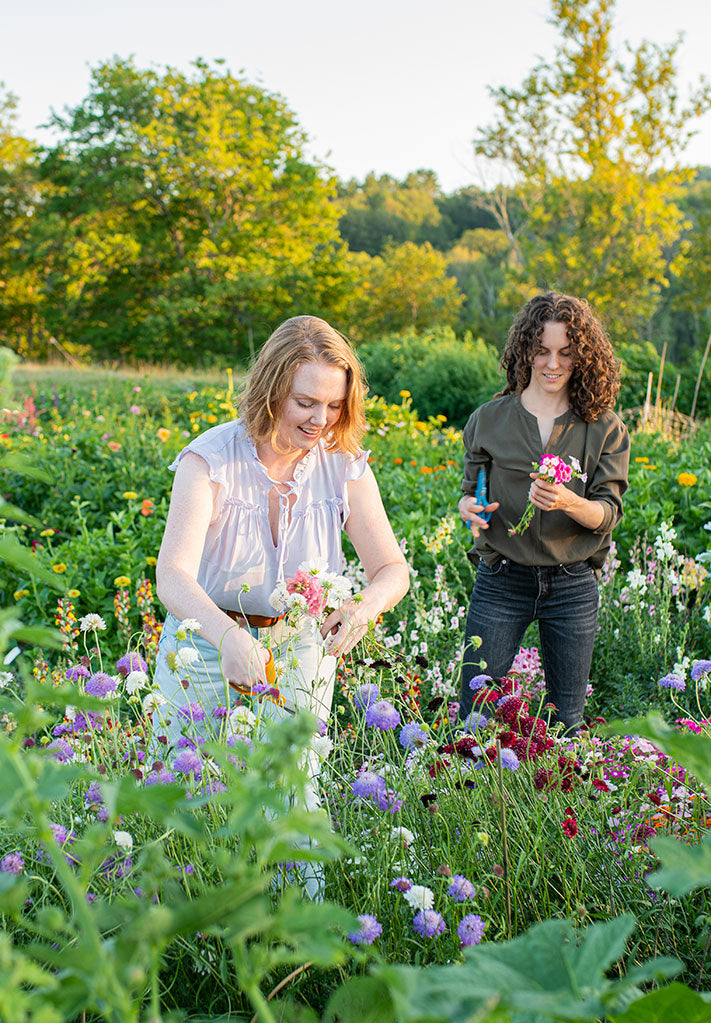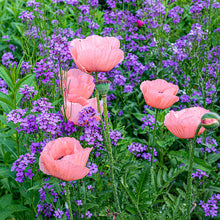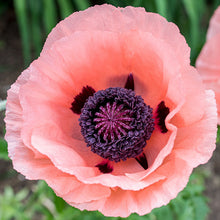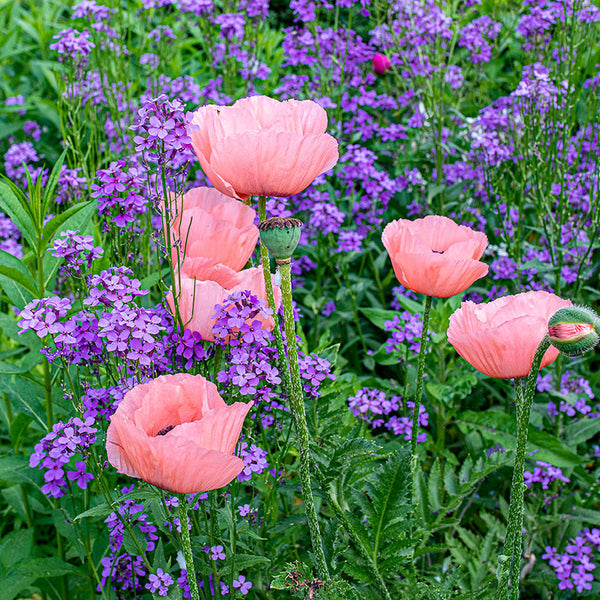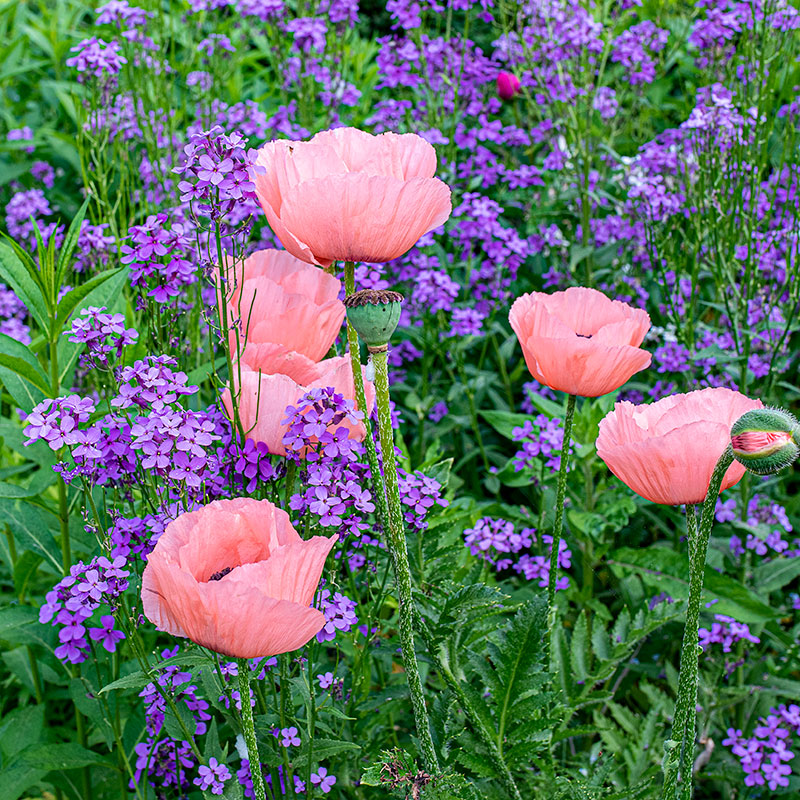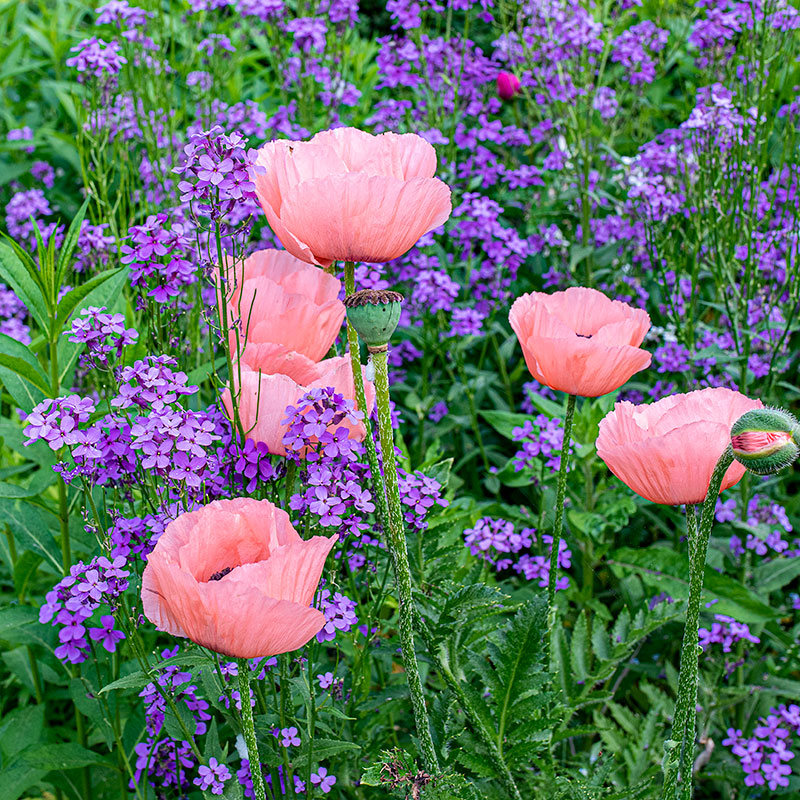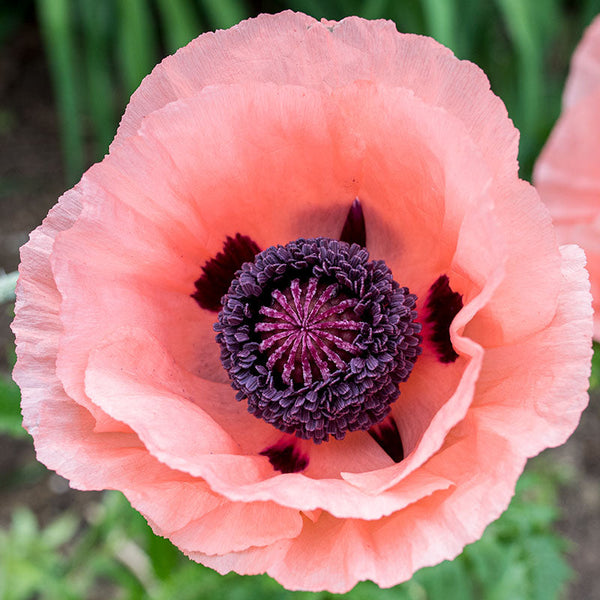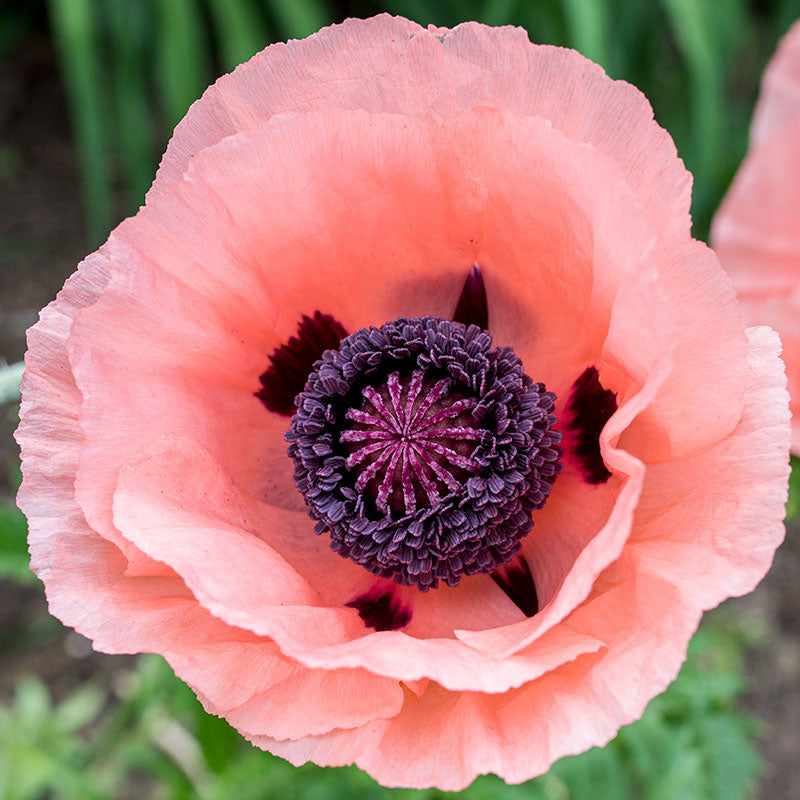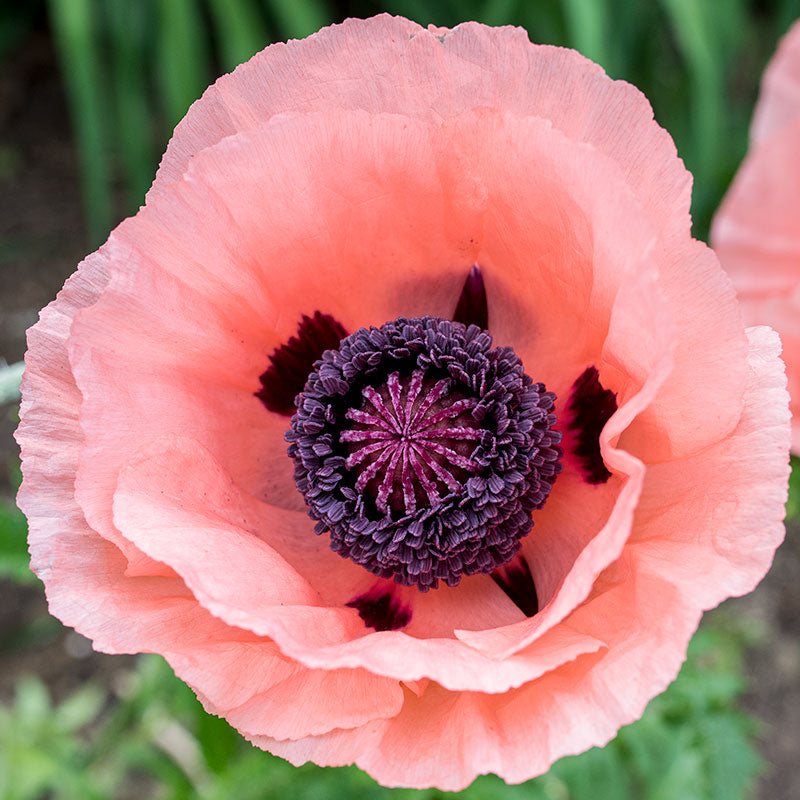SOWING INSTRUCTIONS
Starting Indoors:
Sow in pots 6-8 weeks before last frost, cover lightly with vermiculite or a humidity dome and keep at 65-70°F until germination, then at 50-60°F. Be very gentle when transplanting, as poppies do not like to be disturbed.
Starting Outdoors:
Direct sow in early spring or late fall or winter sow to provide a natural chilling period for the seed for the best germination.
PLACEMENT & CULTIVATION
Commanding attention with their substantial crinkled petals composing a flower 6" across with stout stems and fat buds bristling with hairs, Oriental poppies are always sensational. They do best in cooler regions and go dormant in summer, so growing at the border's edge with a mounding lax spreader such as hardy geraniums is an ideal association. Provide support early as the new foliage sprouts and deadhead to slightly prolong the bloom time, which is fleeting but not to be missed. After flowering, remove the yellowed, declining foliage. Be sure to grow in fertile, sharply drained soils and mulch with evergreen boughs or a nonmatting mulch in winter to keep it long-lived.
Watering Details:
Tolerates some drought, but performs best when watered regularly; a little less than an inch per week.
Soil pH:
Slightly acidic to neutral—if soil is acidic, add some lime before planting.
Fertilizer:
Mix in 2" inches of compost prior to planting.
Diseases & Pests:
If slugs and snails damage seedlings, sprinkle the surrounding soil with pelletized iron phosphate, crushed eggshells, or diatomaceous earth.
